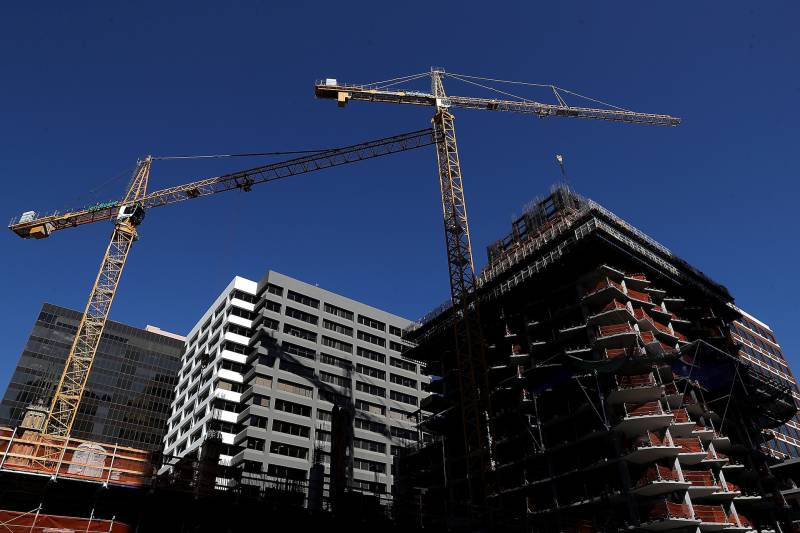Officially named the San Francisco Balanced Development Act, it sets a goal of producing 2,042 new housing units per year for low-to-moderate income households in the city, based on a target established by a regional planning agency. Under the measure, if San Francisco doesn’t meet that goal, the amount of new office space approved would be limited by the same percentage the city came in short on housing production.
If, for example, the city produced 1,532 new affordable units in one year, missing its housing target by 25%, it would also have to reduce office development by 25%, according to an economic impact report from the San Francisco Controller’s Office.
And based on recent history, the measure would more than likely dampen new office construction: In the past decade, San Francisco has built an average of just 712 affordable housing units per year — or 35% of the target — according to the report.
There is, however, a caveat in the measure that allows some projects to bypass those restrictions if their developers promise to include a certain amount of affordable housing.
With the backing of a coalition of progressive affordable housing developers and advocacy groups, including the Council of Community Housing Organizations and the San Francisco Tenants Union, Todco has raised about $407,000 in support of Proposition E.

